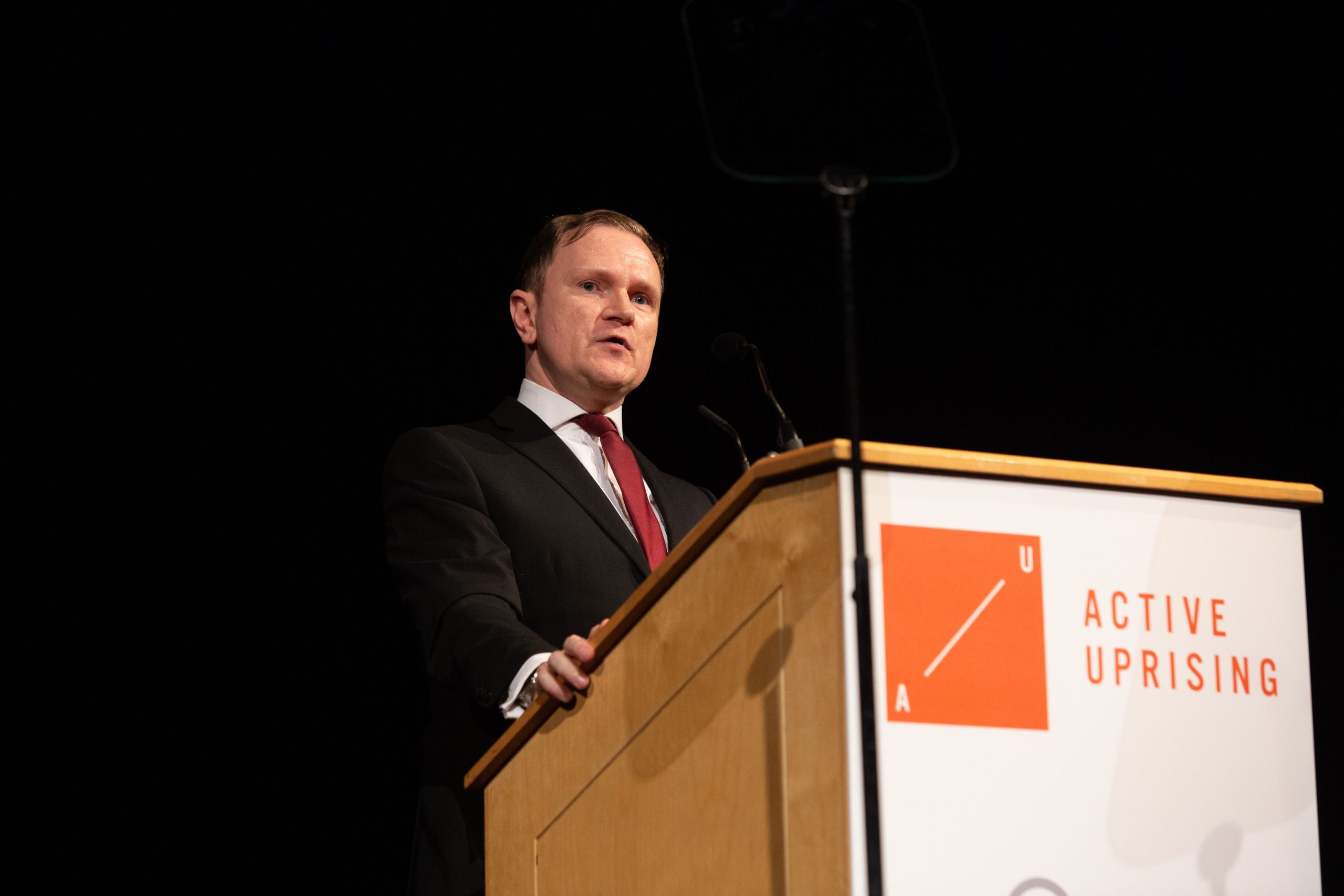By Huw Edwards, CEO of ukactive
There can be no doubt that the Prime Minister has made ‘growth’ the central battleground of British politics for the foreseeable future, with all sectors now analysing what it means for them and viewing their future engagement with the Government through that prism. This will need to include the sport and physical activity sector as well.
What we, at ukactive, are eager to see is how Liz Truss’s growth ambitions translate into practical plans that would benefit not only the sport, fitness and leisure facilities we represent, but also how these facilities can support her ambitions for economic renewal and in turn, the recovery of our healthcare services.
We want the new Prime Minister and her government to share our sector’s own ambitions for growth. We want to achieve at least five million new users of gyms, pools, and leisure centres by the end of the decade, delivering significant economic, health, and wider social benefits to communities across the country.
Ultimately, delivery of that shared ambition will require both short-term interventions alongside credible longer-term plans.
The short-term interventions address the urgent reality of the economic storm we face because of the cost of living and energy crisis. Our sector has been battered by this storm, with our consultation showing energy prices having already increased by 150% to 200%. Up to 85% of public sector facilities and approximately half of all gyms, pools, and leisure centre facilities at risk of closure within the next six months.
The Government’s initial Energy Price Guarantee provides clarity for the next few months and, while it will remain painful for the sector, it has avoided catastrophic price increases that could not be survived, for now at least. But going forward, our sector will require bespoke support beyond the six-month energy cap.
Millions of people across our communities depend on the essential services we provide, irrespective of age or background. Parts of the sector are heavily dependent on high energy usage – such as community swimming pools – so it will require our government’s understanding, acknowledgement, and support. Our sector must be recognised as particularly vulnerable to the energy crisis when the Government considers the extension of support in three months’ time.
Beyond the immediate crisis, the Government needs to see our sector as integral to its vision for growth, given the clear, evidence-based links between health improvements, increased productivity, and economic growth. For example, a recent Deloitte report projected that the potential economic benefit of getting physically inactive workers to be active is up to £17bn per year, measured in healthcare savings and increased productivity.
The sport and physical activity sector is one of several sectors that make up the ‘first mile of healthcare’ in the UK – industries that are preventing ill health and improving the physical, mental, and social wellbeing of millions daily. This work is essential for the NHS in not only reducing the prevalence of disease over the long term, but also relieving the immediate operational pressures. We see a major role for the sector to help patients be fit for treatment and health service staff fit to deliver it. This will make a huge difference to the speed at which the NHS can reduce waiting times for diagnosis, treatment and care.
Proposals for the Government to reverse its planned measures to cut obesity, which focus on taxing and regulating unhealthy foods, would be a policy mis-step. Equally, the Prime Minister must consider supporting the ‘business’ of physical activity for preventative health. Using taxation and regulatory levers to improve the economic landscape for facilities, we could reach millions more people and play a bigger role in preventing obesity and other conditions.
Businesses in our sector still pay 20% VAT, while our closest EU trading partner, Ireland, has a VAT rate for physical activity services of 9%. Any credible narrative on the benefits of Brexit would require we match or exceed this lower rate. Furthermore, we can use business rate reform to unlock our members’ ability to accelerate high street renewal, again creating jobs, driving economic prosperity and health.
By doing so, government at central and local level can redefine the role public leisure services play in communities, so they become fully integrated with healthcare services, providing an economically and environmentally sustainable service for the future that emphasises wellness over the more expensive cost of treatment.
Such a strategy for the sector will benefit the Government in multiple ways. Sport, recreation, and physical activity is woven into the fabric of our communities, positively impacting the lives of millions of people across the whole of the UK and, crucially, has the potential to support millions more.
I saw first-hand the then-Chief Secretary to the Treasury, Liz Truss fully embrace the fun and enjoyment of physical activity at a ukactive programme in one of her constituency schools. She talked about how important it was that children and young people had access to positive experiences around physical activity to support their wellbeing and development. Now, as Prime Minister she can unlock that potential and drive reforms that will benefit both our economic growth and the health of the nation.




